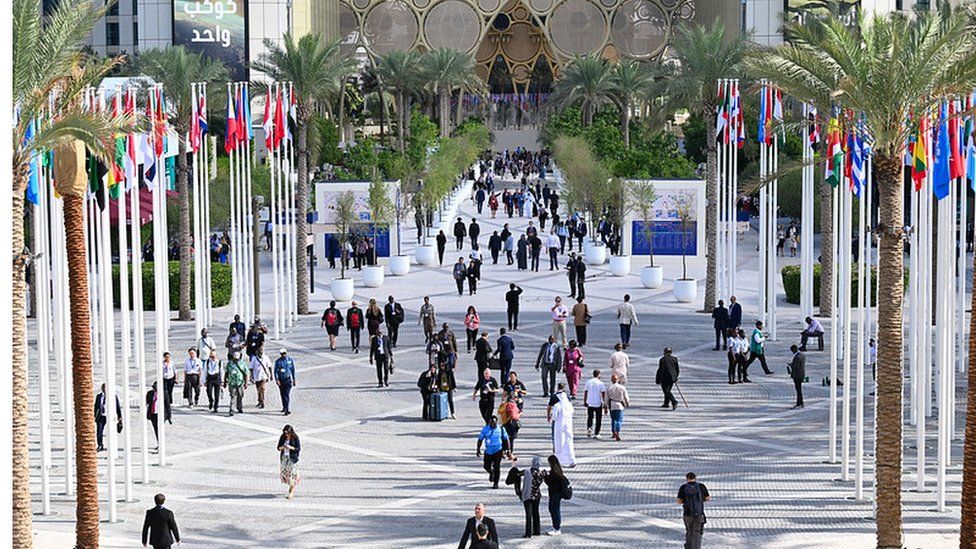-

-
-
Loading

Loading

Climate campaigners have reported a significant rise in the number of delegates at this year's UN climate talks who have links to fossil fuel producers. Approximately 2,400 individuals connected to the coal, oil, and gas industries have registered for the COP28 climate talks, quadrupling the number from last year. This record-breaking figure surpasses the total attendees from the ten countries most vulnerable to climate change. The increase can be attributed partly to new registration requirements that oblige participants to disclose their employment information. The analysis, conducted by a coalition of green groups opposed to the presence of delegates associated with coal, oil, and gas at the talks, is alarming. Despite COP28 being the largest climate conference to date, with around 97,000 politicians, diplomats, journalists, and campaigners registered, the inclusion of 2,456 representatives from the fossil fuel industries exacerbates concerns. During COP26 in Glasgow, only 500 delegates had backgrounds in fossil fuels. This number grew by a quarter at COP27 in Egypt the following year, with over 600 representatives present. However, this year's COP28 has witnessed a registration of more than four times that amount. The United Nations implemented stricter registration procedures ahead of this year's talks, requiring individuals to openly disclose their affiliations. Consequently, the increased transparency has significantly amplified the number of delegates with connections to the fossil fuel industry present at the conference. However, campaigners argue that this is not the sole reason for the rise. George Carew-Jones, from the Kick Big Polluters Out coalition, asserts that the surge in the presence of lobbyists cannot be solely attributed to the changes in registration. He claims that the fossil fuel industry aims to influence the discussions regarding the phasing out of fossil fuels, as there are rumors of progress being made in this area. To determine the fossil fuel affiliations of attendees, campaigners meticulously cross-check the self-disclosed information with sponsor and payment data provided by fossil fuel-related entities. The future of fossil fuels is a central focus of COP28, with COP president Sultan al-Jaber striving to reach an agreement that potentially involves the phase-out or reduction of these energy sources. Al-Jaber's appointment has been met with controversy due to his position as the CEO of Adnoc, the United Arab Emirates' state oil company. He has had to defend himself following statements that seemed to cast doubt on the science underlying the concept of ending fossil fuels. The campaigners who compiled these new figures argue that the presence of individuals linked to the oil, coal, and gas industries at COP28 extends beyond the presidency. Joseph Sikulu, Pacific Managing Director of 350.org, expresses concern over the significant number of fossil fuel lobbyists present at climate talks that could determine the future. He deems their increasing influence detrimental to the integrity of the process, emphasizing the need to prevent oil and gas from excessively shaping the future of the Pacific.